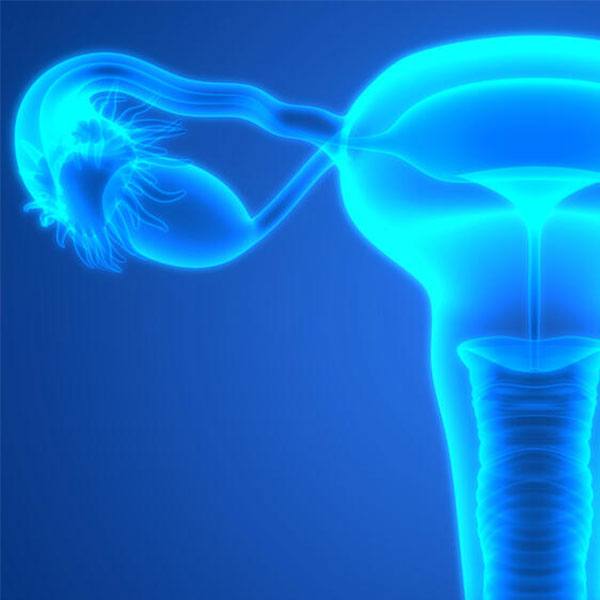-
Science Saturday: Mechanisms of defecation, constipation in women explained
Chronic constipation is a reality for many people ― more often women than men. Fortunately, these symptoms generally respond to dietary fiber supplements or over-the-counter laxatives. But when these symptoms do not respond, tests can determine the cause. Sometimes contents move slowly through the colon, or patients have a rectal disorder related to evacuation of stool. These are called defecatory disorders. Tests guide patients to the best therapy. For example, defecatory disorders respond to pelvic floor biofeedback therapy rather than laxatives. The existing tests measure pressure in the colon and use X-rays of the contents moving in real time to clarify any issues. Researchers say these tests are useful, but they have limitations.
In some patients, these tests provide different answers. To improve on the data provided by these tests, Mayo Clinic researchers combined MRIs and anorectal balloon pressure measurements to examine defecation in 29 women who were not constipated and 26 women who were constipated.
The researchers learned that normal defecation entails a coordinated sequence of events: abdominal expansion, anorectal descent, and increased rectal and anal pressure followed by anal relaxation. In the study, women with defecatory disorders have abnormal coordination, impaired rectal pressurization or anal relaxation. In some cases, these women are affected by all these conditions. The findings are published in Gastroenterology.
"The findings provide exciting new insights into the mechanisms of normal defecation and the causes of defecatory disorders," says Adil Bharucha, M.B.B.S, M.D., a Mayo Clinic gastroenterologist and senior author of the paper.
In the future, researchers say these findings may help with individualized biofeedback therapy, which is guided by anorectal and diaphragmatic biofeedback for people with these conditions.
The National Institutes of Health supported the research. In addition to Dr. Bharucha, the research team consists of Brototo Deb, M.B.B.S.; Mayank Sharma, M.B.B.S.; Joel Fletcher, M.D.; Sushmitha Grama Srinivasan, M.B.B.S.; Jun Chen, Ph.D.; Kent Bailey, Ph.D.; and Kelly Feuerhak ― all of Mayo Clinic and Alexandra Chronopoulou, Ph.D., at the University of Illinois at Urbana-Champaign. To read the complete paper see the Gastroenterology article.
- Bob Nellis, Jan. 20, 2022







